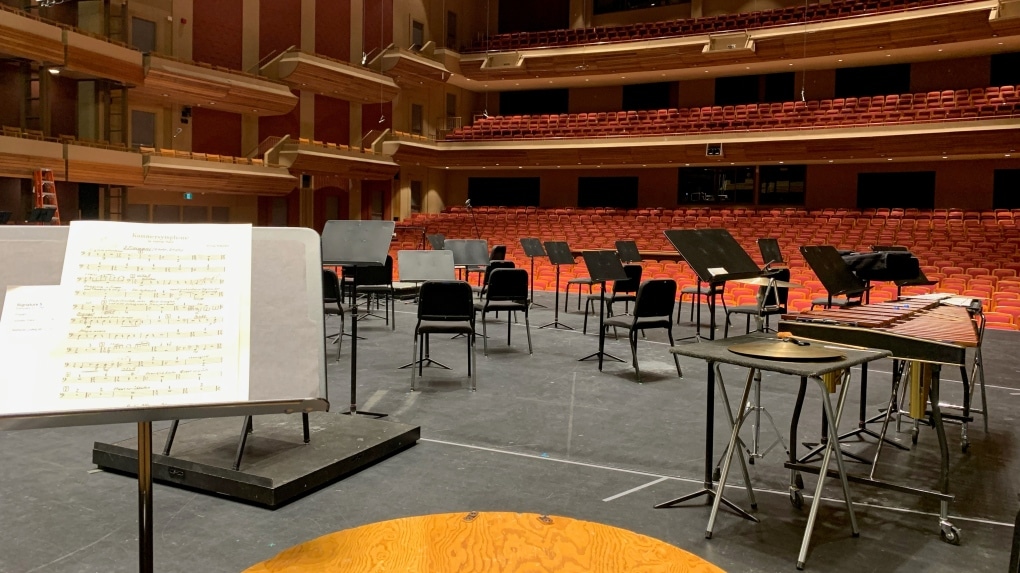The Killing – a symphony from the north
main
norman lebrecht
March 21, 2011
Nothing has so magnetized serious attention in the television room as the Danish cop serial The Killing – well, nothing really since the Swedish cop serial Wallander, and nothing before that since the Swedish cop film serial Stieg Larsson. The Killing has had such sensational success in Europe that it is being remade for US TV, shot in Vancouver and airing April 3.
What is it about writers from the northern latitudes? Simple, they write serially.
The craft of writing, both words and music, is geared not to the one-off that is the staple of Anglo-American culture and entertainment but to an idea that can be explored around many angles week by week, year by year, through the endless winters.
It not just cops and crime. Composers write strings of symphonies and build an audience through their lives. The Fiin, Kalevi Aho, is about to premiere his 15th in Manchester this coming Saturday (tickets
here).

Each symphony, for Aho, is a building block. We may never find out whodunnit but we are richly engaged by the process. Aulis Salinnnen, his compatriot, has written eight.
Among the Danes, Per Norgaard has written seven, Poul Ruders four. The Swede Allan Pettersson wrote 16. Leif Segerstam, the indefatigable Finn, has written no fewer than 239 symphonies at the last count.
A symphony is like a novel: it take at least a year out of your life (Segerstam excepted). It is a massive undertaking.
Nowhere on earth are symphonies being written with such persistence as in the northern latitudes. They call on many of the same ingredients – patience, structure, tension – as cop serials. If The Killing has got you gripped, try Kalevi Aho’s new symphony on Saturday.





And listen to some or all of the other 14 symphonies. Aho is a mighty composer indeed, and they’re almost all recorded.
Vagn Holmboe used to say that his symphonies were like babies: they took about 9 months to produce. Meanwhile, although Segerstam calls those pieces symphonies, they really call into question the use of the term.
(There are also Havergal Brian’s 32 and Alan Hovhaness’s 67, although some of the latter’s also push the title.)